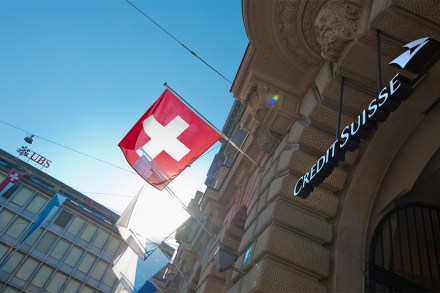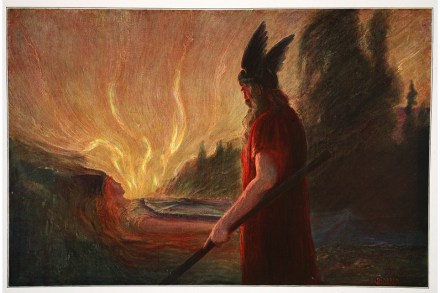The rotten core of Credit Suisse
More from BooksThe tale of Credit Suisse ought to be Buddenbrooks on steroids. A staid Swiss lender enters marriage with a racy Wall Street investment bank and gives birth to a monster. Scandal follows scandal. CEOs come and go. In March 2023, the bank ends up being flogged to its arch rival UBS for a miserly $3






























